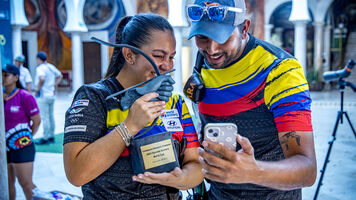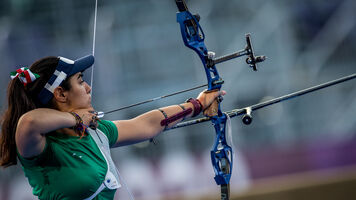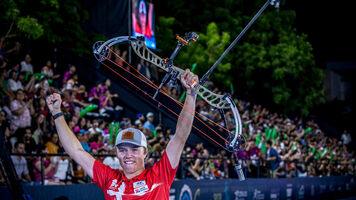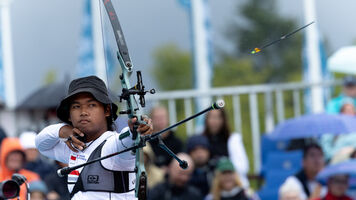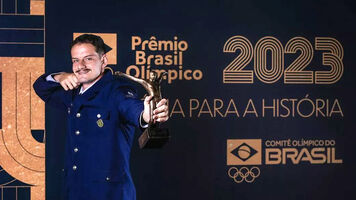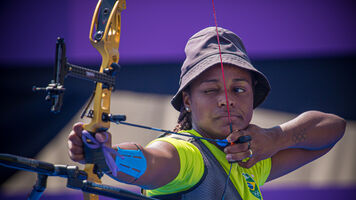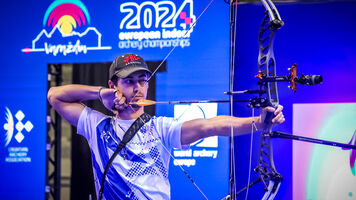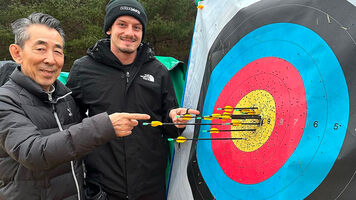University archery is king in Chinese Taipei
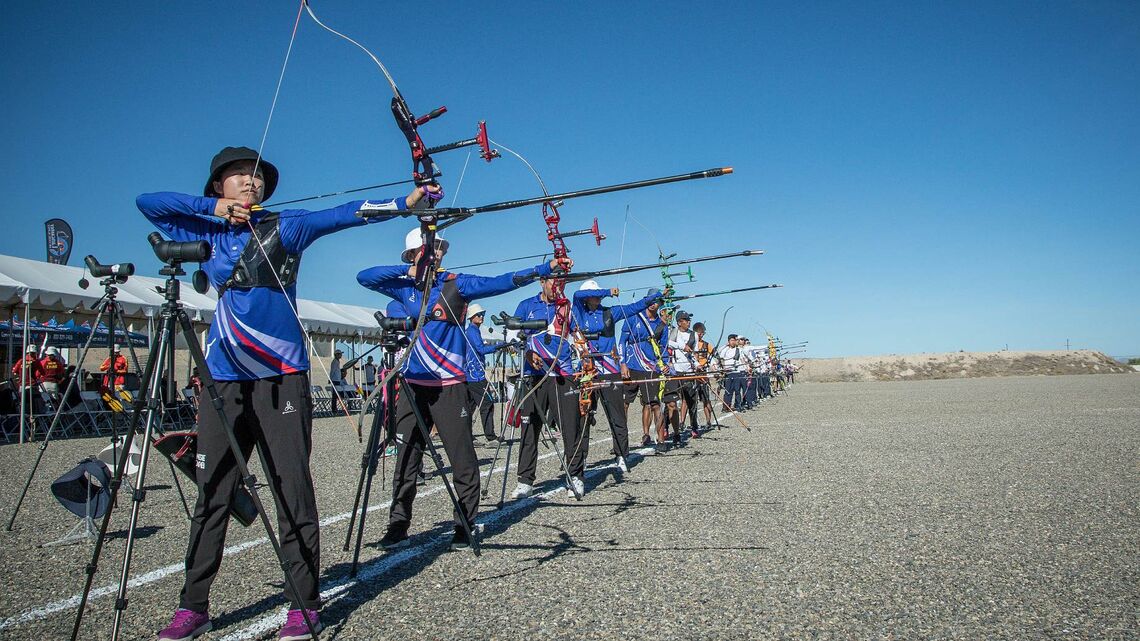
Chinese Taipei has long been a strong nation in international archery.
The team had a surge in results in the 1990s and both the Taipei men and women climbed the podium at the Olympic Games in Athens in 2004, beginning an era of consistent high performances.
Nowadays, it’s not just Chinese Taipei’s recurves that are to be reckoned with, but the compound archers, too.
“The level keeps growing because the archers are pushing each other to continue improving,” said coach Ni Ta-Chih, who heads up a the recurve women’s team, one of the few widely deemed capable of upsetting the dominant Koreans.
This iteration of the team might not be together for much longer.
The group’s leader, Lei Chien-Ying, is 28 – and in Chinese Taipei, most elite athletes can only shoot until around that age. With only a handful of exceptions, athletes compete until they finish university and then move on to start a career, leaving sport behind.
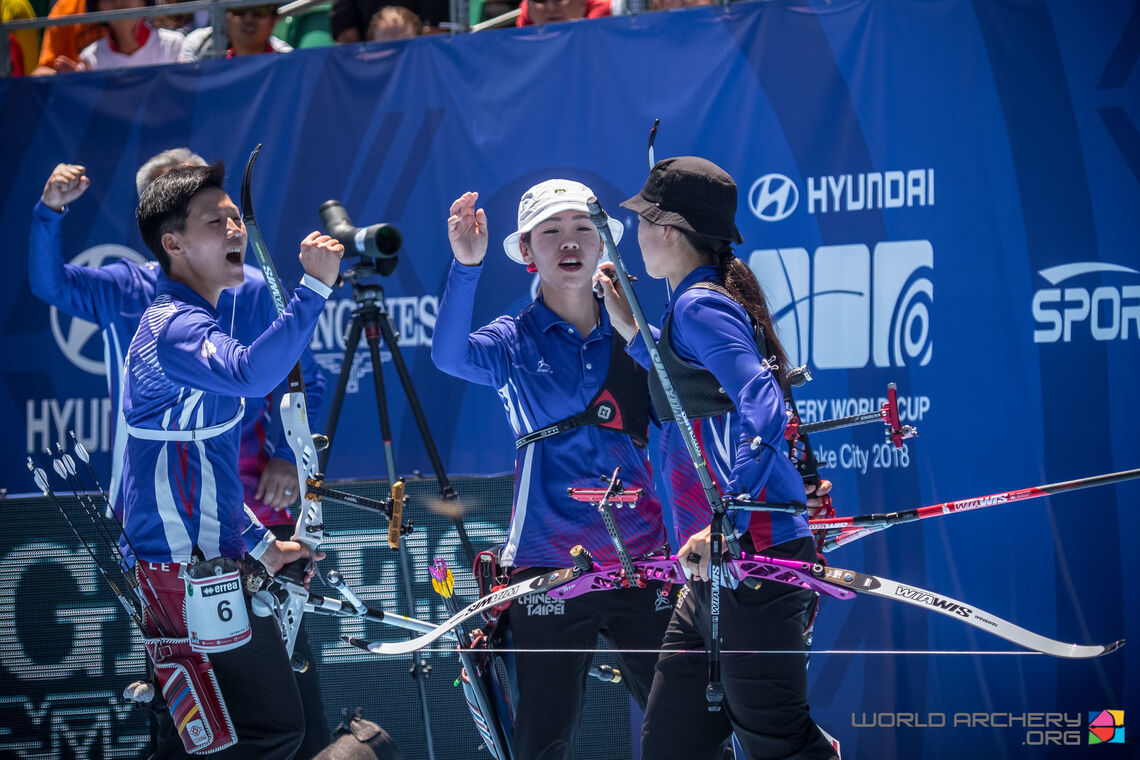
It’s something that started in the 80s and 90s with a strong university sports programme – and is why Chinese Taipei’s team at the Universiade is usually identical to that at other international events.
“We have a very competitive archery situation in high schools. Then, when high school students graduate and go to university, they have more physical and mental training experience,” explained coach Ni.
Funding in Chinese Taipei is results driven and supplied by regional governments and the National Olympic Committee. Archers need the funding to purchase equipment, which is expensive.
“It is one of the reasons why many high school students want to go to university, because it is through university teams that they can shoot. This is what makes university archery very competitive,” added coach Ni.
“I think we need professional teams like Korea because this way we can help our archers to continue shooting once they graduate, which at the moment is not possible. Only a few archers get to do have a career in archery after university.”
Those few are Olympic medallists and those who move into coaching, like Chen Li Ju, a member of the compound women’s team, and I-Cheng Weng, who’s a translator and assistant with the team on the Hyundai Archery World Cup circuit – and able to continue shooting some competitions.
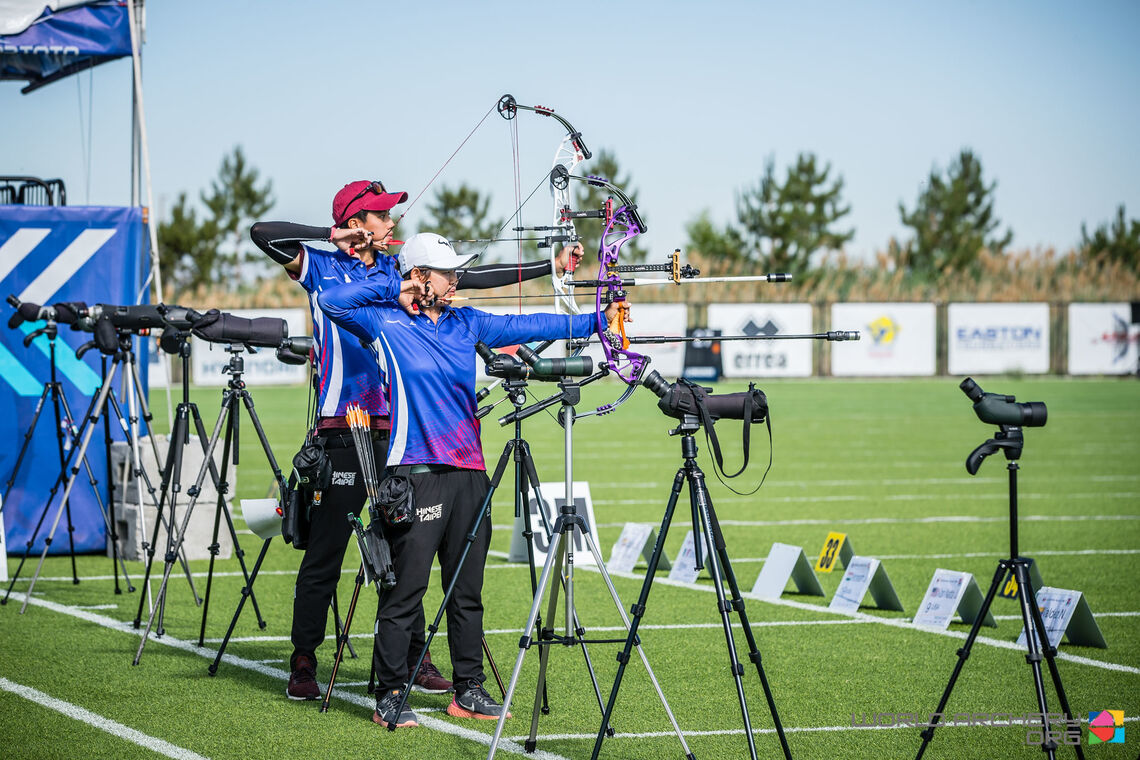
Lei, at 28, will remain with the team through this Olympic cycle into Tokyo 2020. But after that, her future is uncertain.
“Maybe I’ll finish after Tokyo, but just maybe. I don’t know yet,” said Lei. “Normally, after we finish university, we have to earn our own money and move on from archery, have our own lives.”
The team’s hopes of staying together rely on finding private support.
“We are working on it,” said coach Ni. “Our national federation is reaching out big companies and try to convince them but we it will take time and we’ll need to keep the results coming to prove why archery is worth it.”
Until that happens, the team will continue to work within the university structure – and keep creating winning teams.
Chinese Taipei will shoot at the fourth stage of the 2018 Hyundai Archery World Cup in Berlin, Germany, before finalising preparations for the 2018 Asian Games in Jakarta.



